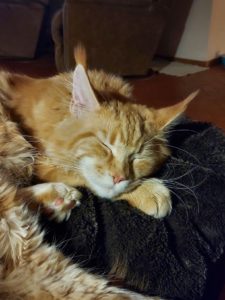I’m finishing A ROSE IN THE MIRROR today!! On story structure, beats, and how this strange book has been spot-on. Also, the long-game, how a writing career can go wrong and instead shooting for a sustainable life as an author.
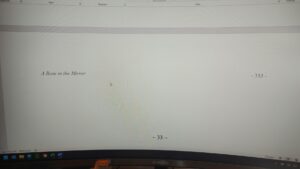
RITA ® Award-Winning Author of Fantasy Romance
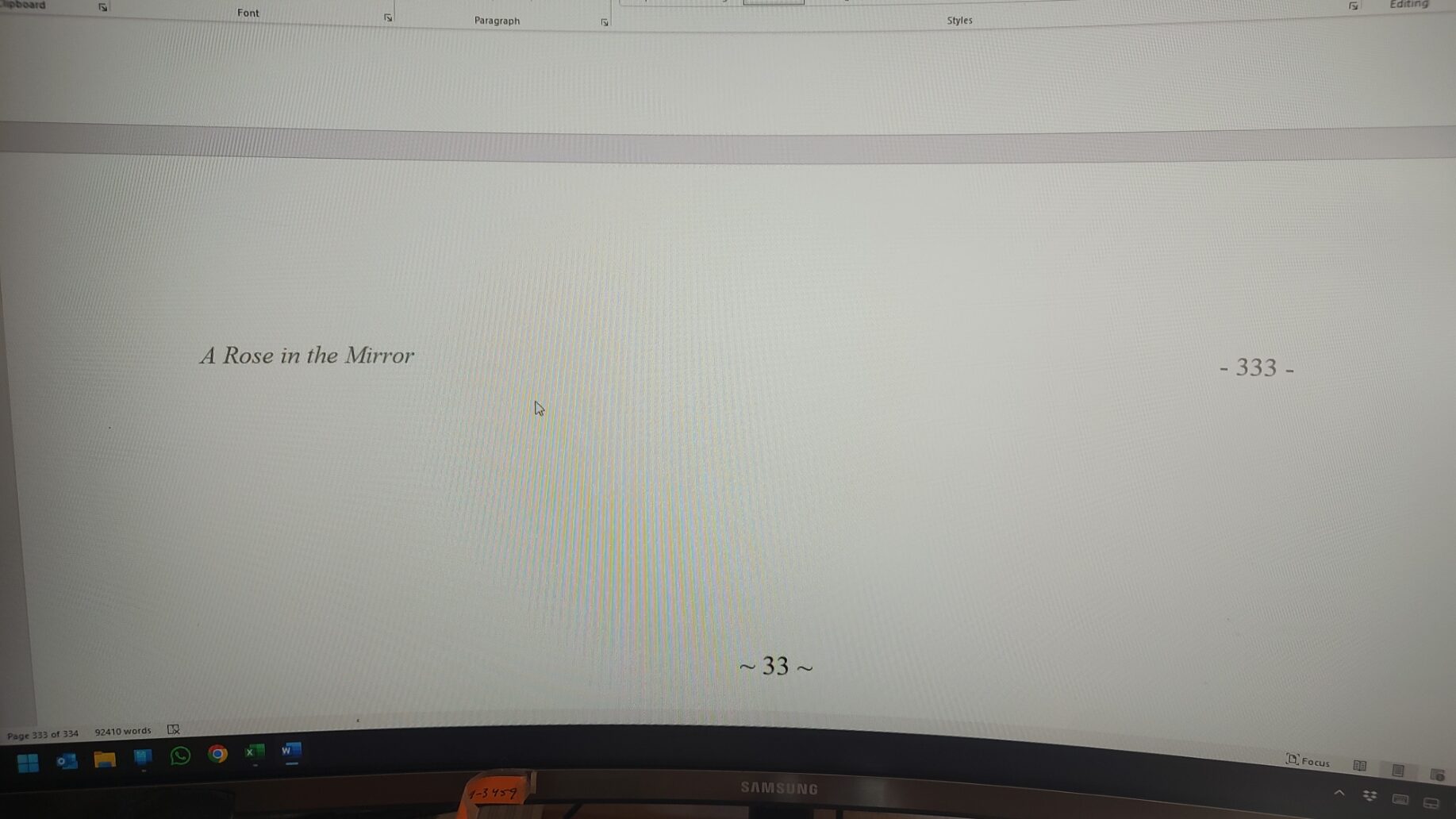
I’m finishing A ROSE IN THE MIRROR today!! On story structure, beats, and how this strange book has been spot-on. Also, the long-game, how a writing career can go wrong and instead shooting for a sustainable life as an author.

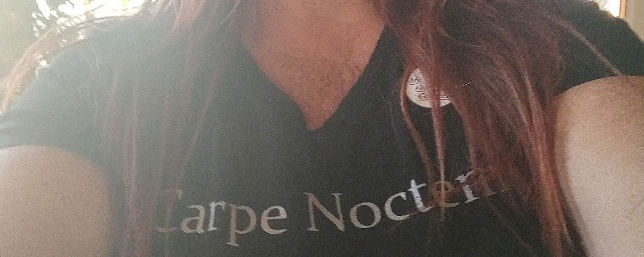
How I’ve been calming myself about the US election and voting with joy! Also, thoughts about the Uncanny Valley (unrelated), and what it really does and doesn’t mean to be a “bestselling author,” how the lists work, and the only metric that truly matters.
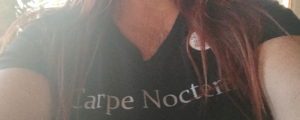
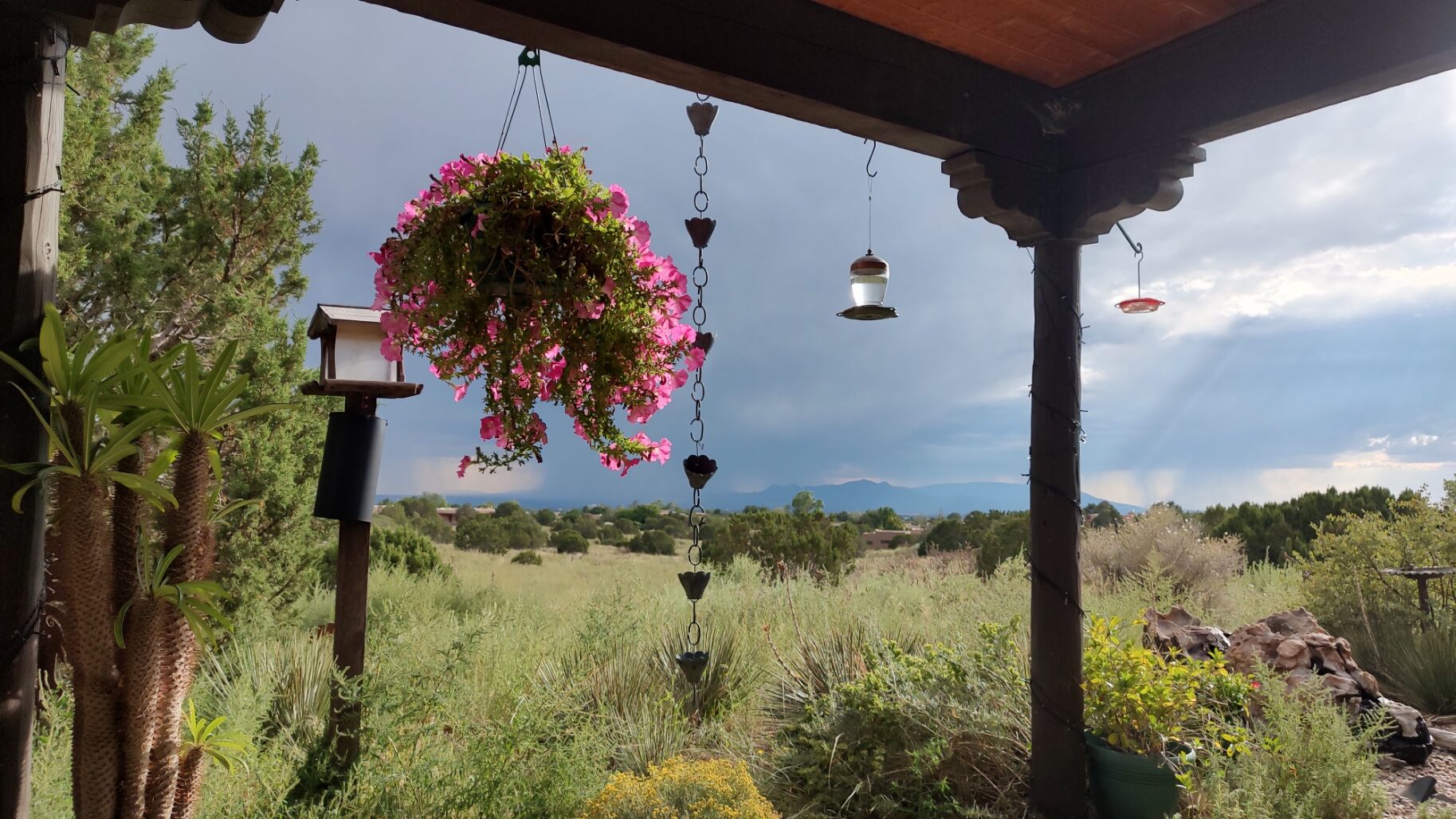
The role of luck/serendipity in publishing success, how it’s not who you know, but how you can know people. Also, the problems at NaNoWriMo, and why I believe being a writer and the process of writing is more important than having generated a book.
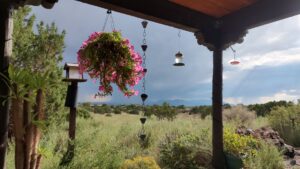
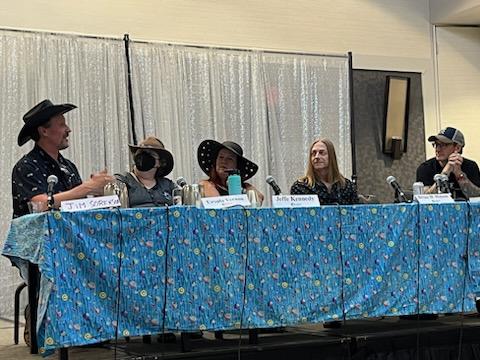
My wonderful weekend at Bubonicon and exciting news about next year’s con. Also, thoughts on more experienced authors giving advice to newbies, how to be honest without stomping on their dreams, and a story of my own newbie dream-crushing.
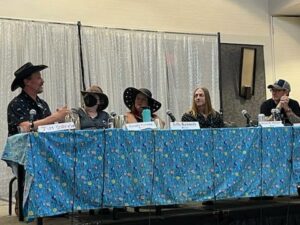
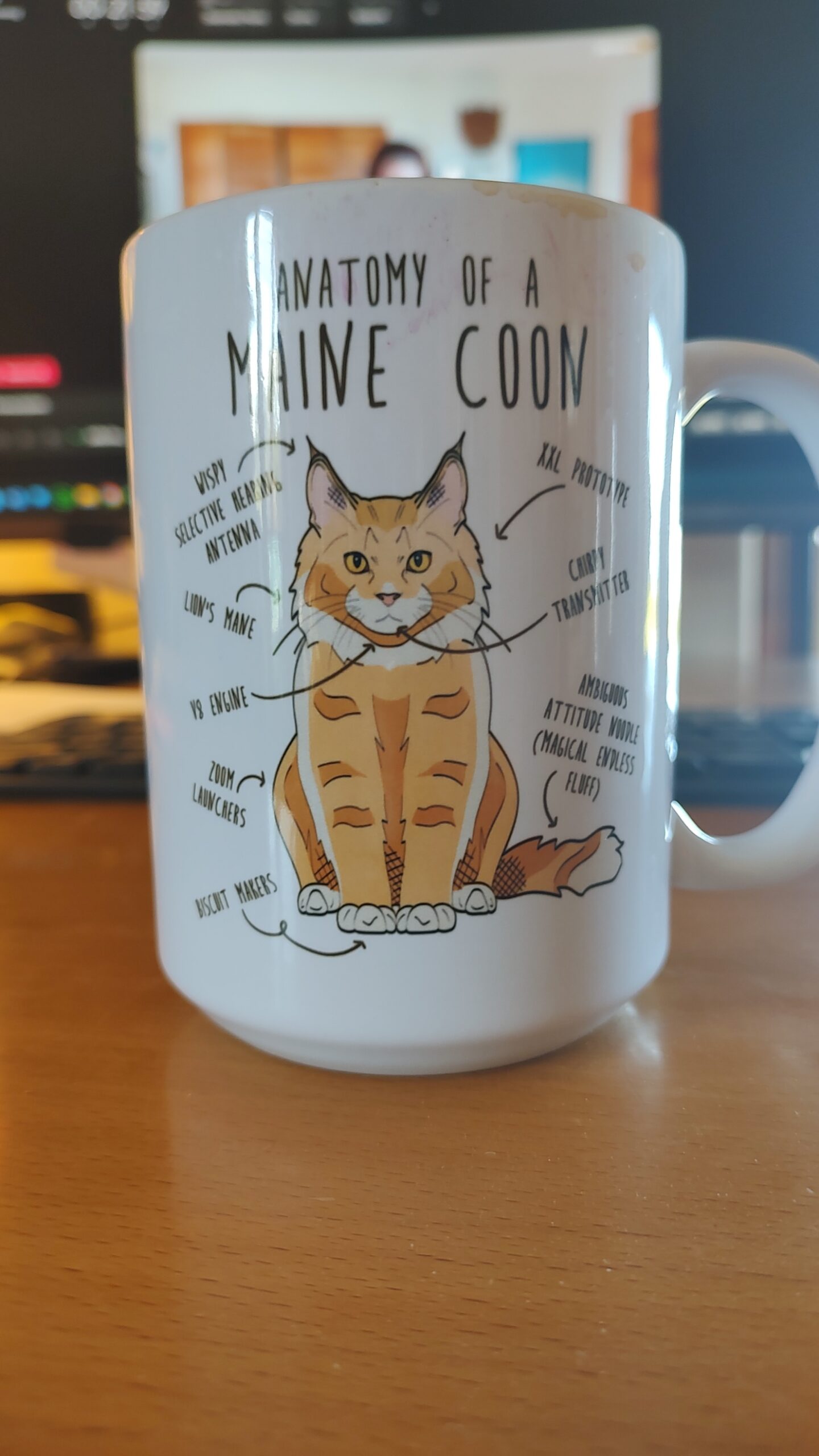
Why we, as adult creatives, must learn to overcome the well-meaning lessons we were taught as children – like recognizing daydreaming as a feature, not a bug. Also, practical approaches to self-care, nurturing our creative selves, and what happened to me yesterday.
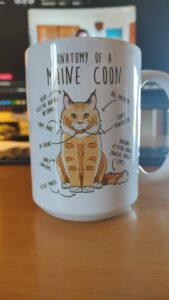
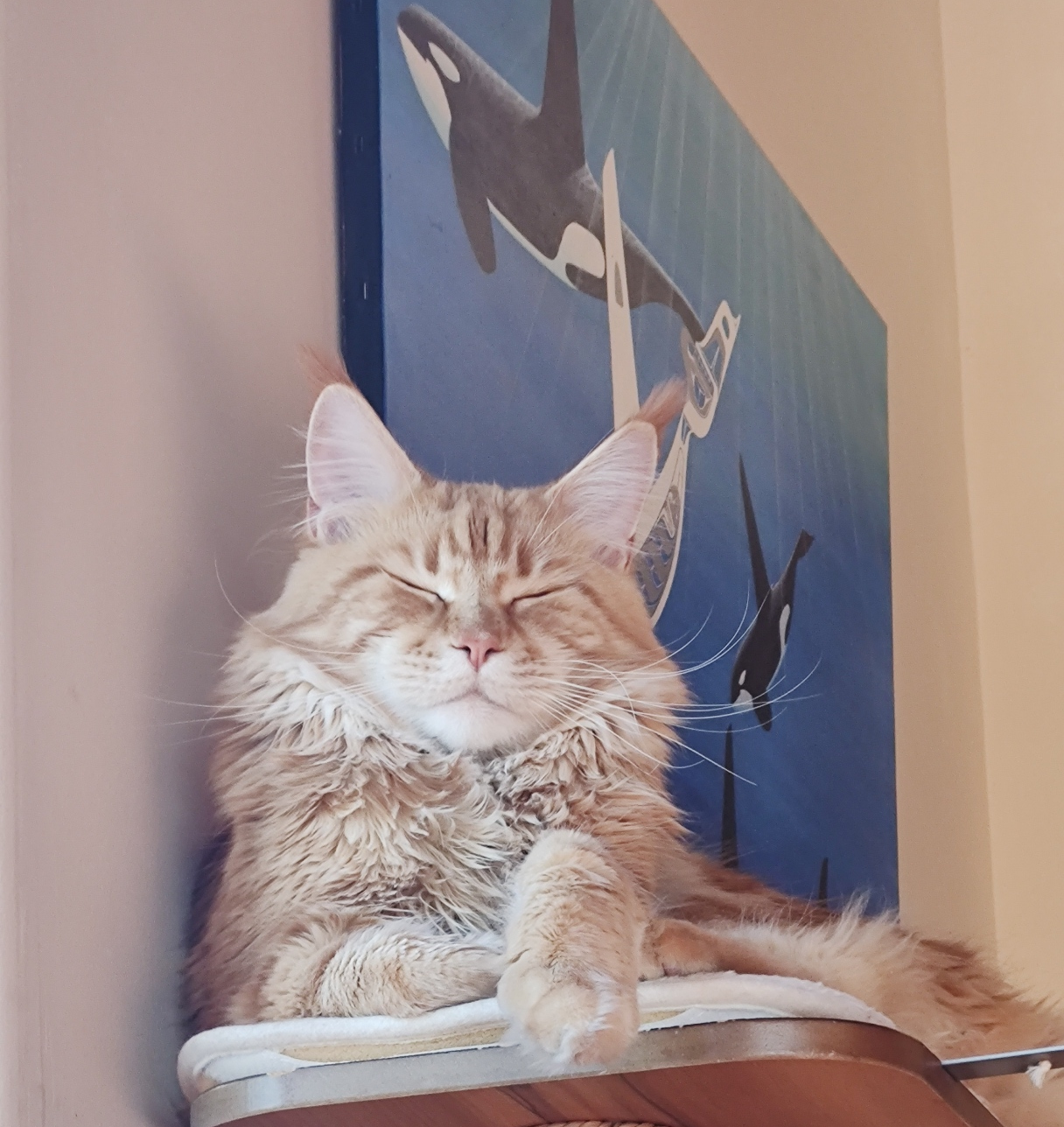
A few thoughts today on marketing, newsletters, why you can be like Enya and not HAVE to do anything, why empty, supposedly “Inspirational” sayings annoy me, and some thoughts on Brotopia by Emily Chang.
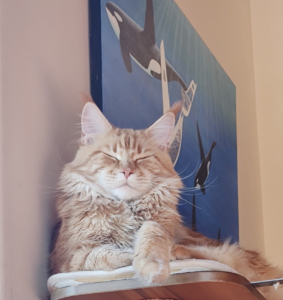

Happy New Year! I’m back from an (almost) unprecedented two-week break, talking about working smarter not harder really panned out in 2023 and a deep dive into author finances as a full-time writer.

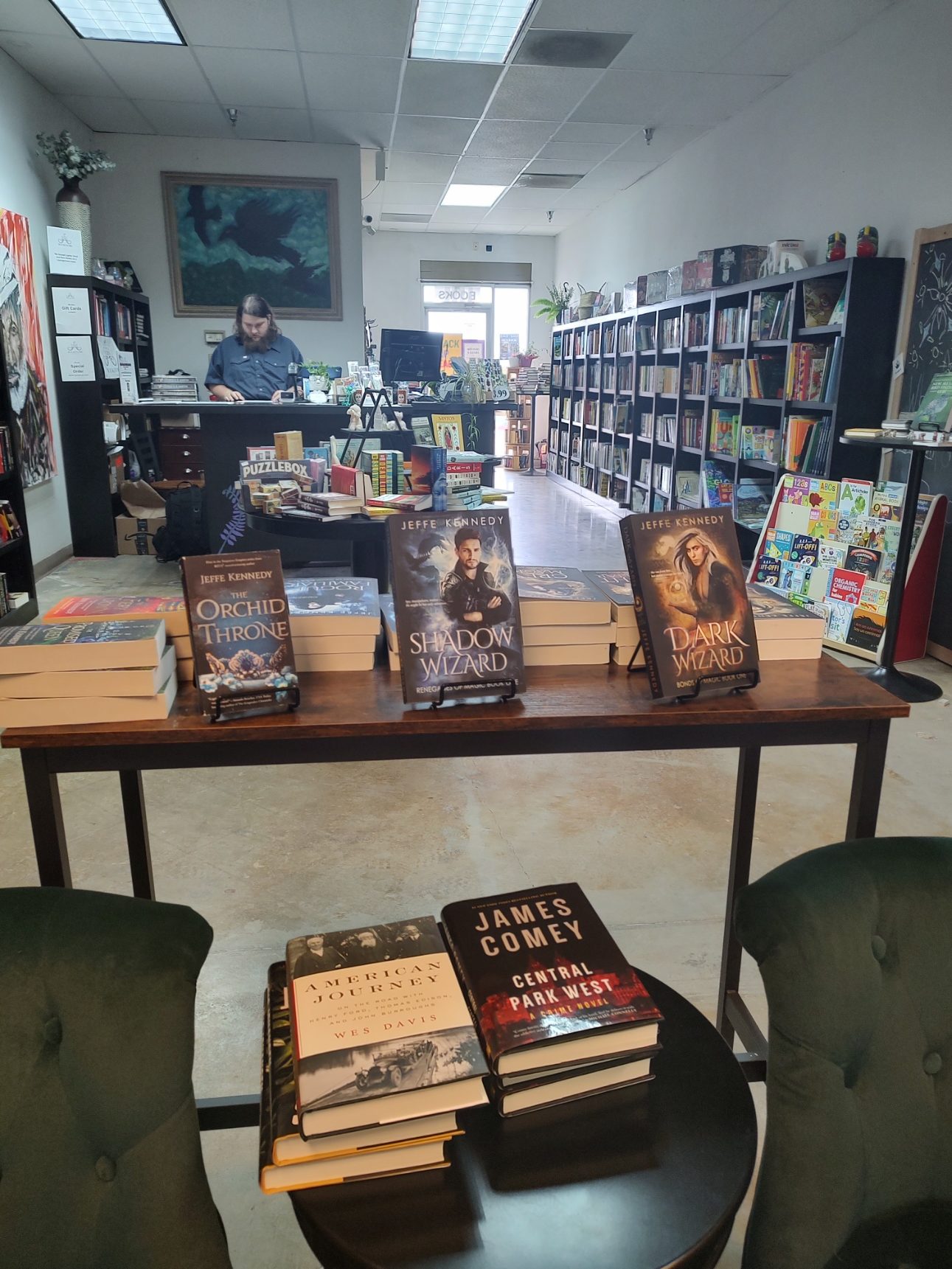
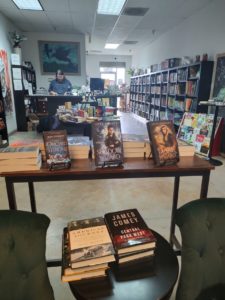
A new local bookstore, Purple Fern Books, has a lovely display of my books.
This week at the SFF Seven we’re asking: What is the most useful resource you have for writing?
Usually with this sort of topic, we talk about reference materials or computer programs. I think this time I’ll riff on last week’s topic, which included an array of really good advice on self-care and avoiding burnout. I’m thinking about this because one of my Unpopular Opinions is that writers really don’t need Stuff. It’s one of the lowest overhead creative enterprises there is. Yeah, okay, to submit or publish work, a writer needs access to a computer at some point. That’s the world we live in. But no writer actually NEEDS a fancy program or reference books or, or, or…
There are only two necessary resources for writing: a way to put the words down and ourselves.
I mention this because, in our quest for great tools, we tend to forget that WE are the critical component in the equation, the limiting reagent in the magical, chemical reaction that is bringing a book into the world. And yet we don’t always treat ourselves as the treasure we are. Imagine if you had a laptop as expensive as the single-use body and brain you were gifted with. How much would you baby that laptop? Do you treat yourself that well?
I think my most useful resource is a rested body and quiet mind. Do I always go the lengths I should to make sure I’m running at top operating condition? Not always – but I try. I often get in bed around 8 or 8:30pm, if I’m sleepy enough, because getting plenty of sleep is key for my ability to sustainably create. Do people sometimes think I’m weird and crazy for doing that? Yep. Do I care? Nope. It’s easy to let other people push and pull us to suit their ideas of how we should be, but we are the only ones who know what we truly need. Treat yourself as that expensive, delicate, and precious resource that is most important for your writing and see what happens.
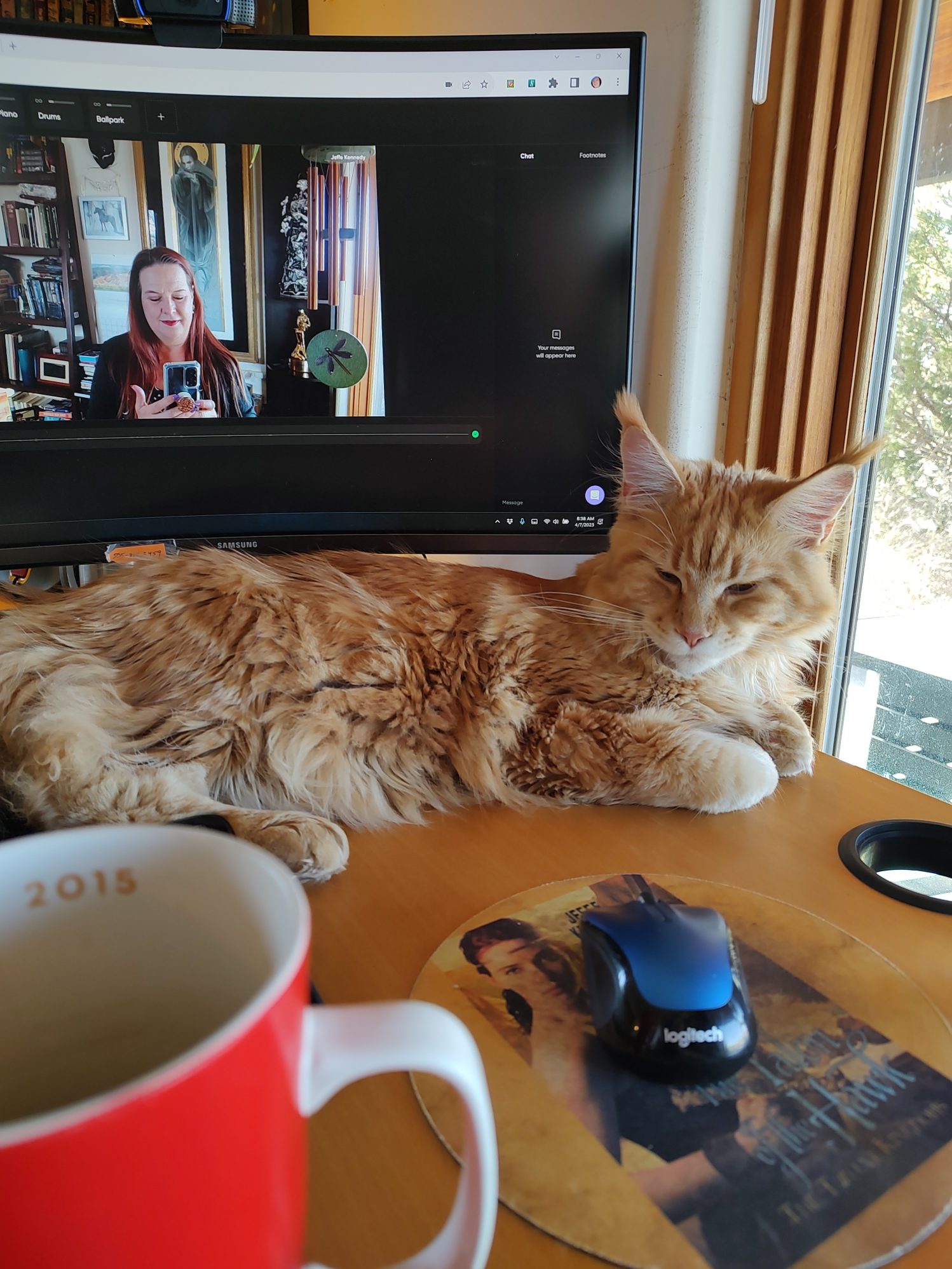
My Patreon and Discord community are live! I’m also talking about one of the best pieces of writing advice I ever got and how, if you want to be a writer for the right reasons, there’s no fire to put out content.
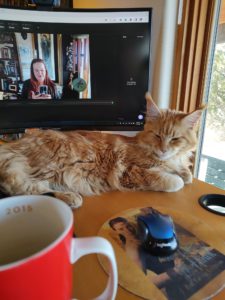
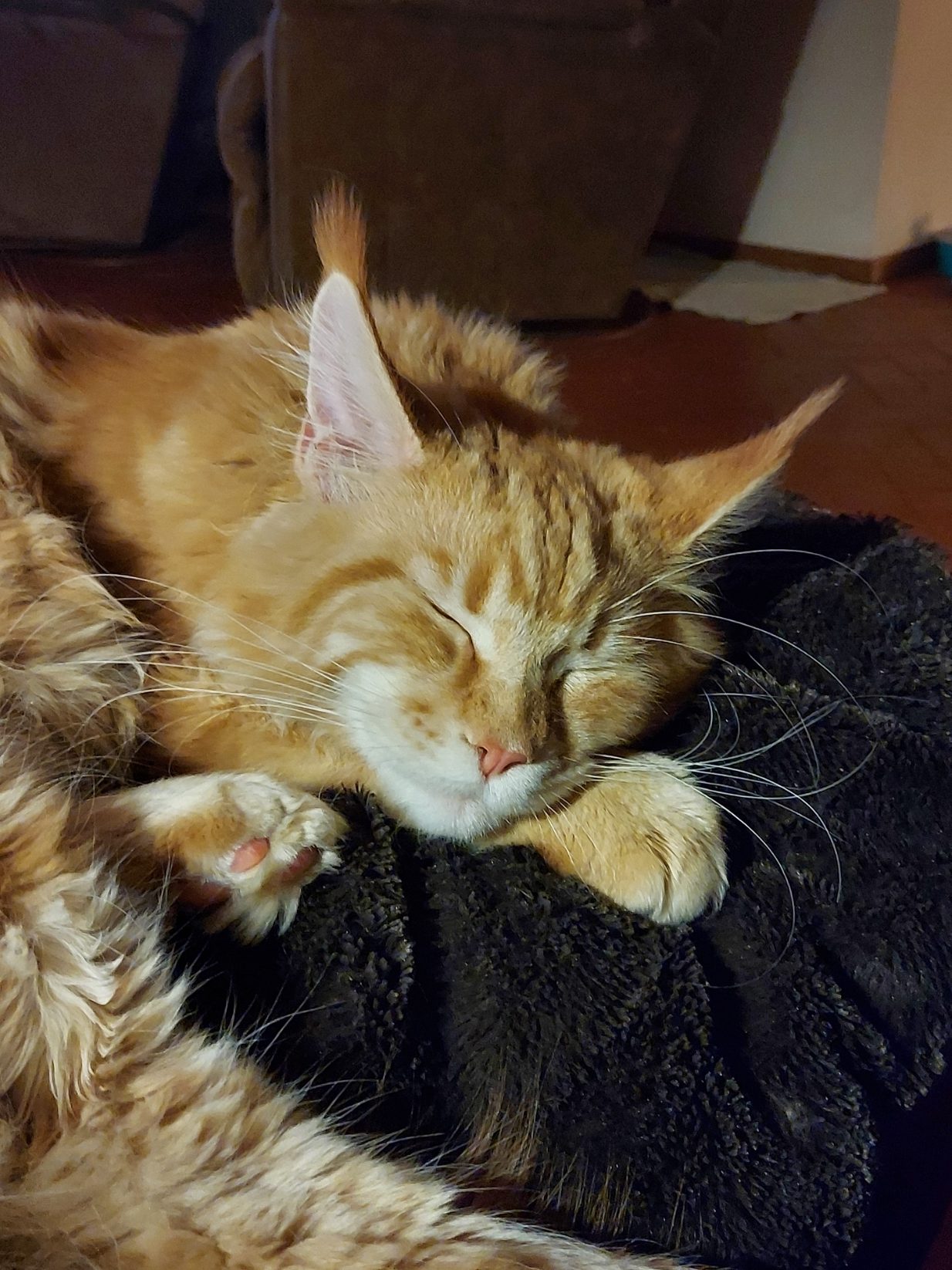
Today’s topic is planning conferences, specifically how contracting with hotels works, what it costs, what you have to commit to, and how inexperienced con organizers can end up owing tons of money.
